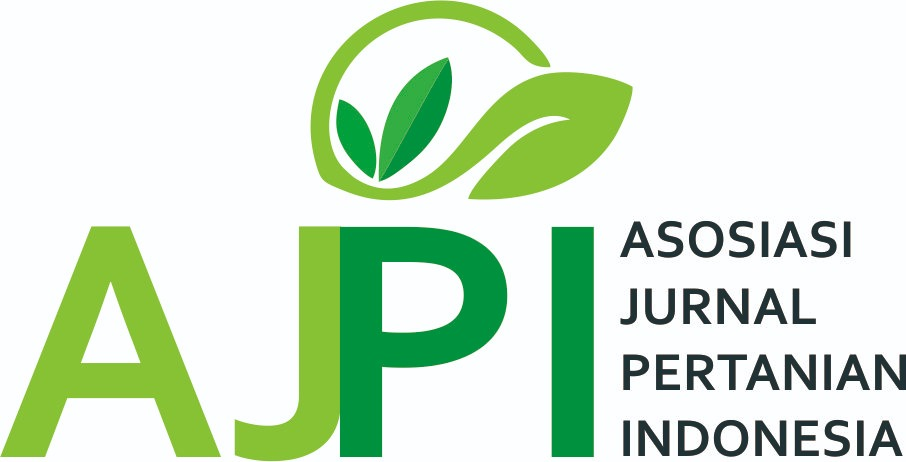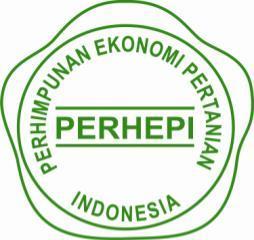Effect of Bokasih Rice Husk Ash Fertilizer on the Growth and Production of Soybean Plants (Glycine max (L) Merr.)
Abstract
Bokashi is compost produced through fermentation with the addition of (EM-4), which is an activator to speed up the compost making process. Many research results show that bokashi has better quality compared to simple composting techniques. The aim of the research was to determine the effect of rice husk ash bokashi fertilizer on the growth and yield of soybean plants and to obtain the best dose of rice husk ash bokashi fertilizer in increasing the growth and yield of soybean plants. The research method used a randomized block design, there were 4 replications and 6 treatments (B0 = 0 g/polybag, B1 = 100 g/polybag, B2 = 200 g/polybag, B3 = 300 g/polybag, B4 = 400 g/polybag and B5 = 500 g/polybag). The results of the diversity analysis showed that the treatment of bokashi fertilizer with rice husk ash had a very significant effect on plant height and plant dry weight, a significant effect on the number of pods and weight of 100 seeds per plot, and no significant effect on the number of branches. Providing rice husk ash bokashi fertilizer with treatment B4 = 400 g/polybag produces the best growth and production results of soybean plants when compared with other treatments, where the highest plant height is an average of 75.5 cm, the average number of pods contained in the plant is 68. 25 pods, the average weight of 100 seeds per plot is 14.37 grams and the average dry weight of the plant is 1.53 grams.
Downloads
Copyright (c) 2023 Rusnaini Rusnaini; Wuriesyliane Wuriesyliane

This work is licensed under a Creative Commons Attribution-ShareAlike 4.0 International License.
Author retains the copyright and grants the journal the right of first publication of the work simultaneously licensed under the Creative Commons Attribution-ShareAlike 4.0 License that allows others to share the work with an acknowledgement of the work's authorship and initial publication in this journal













